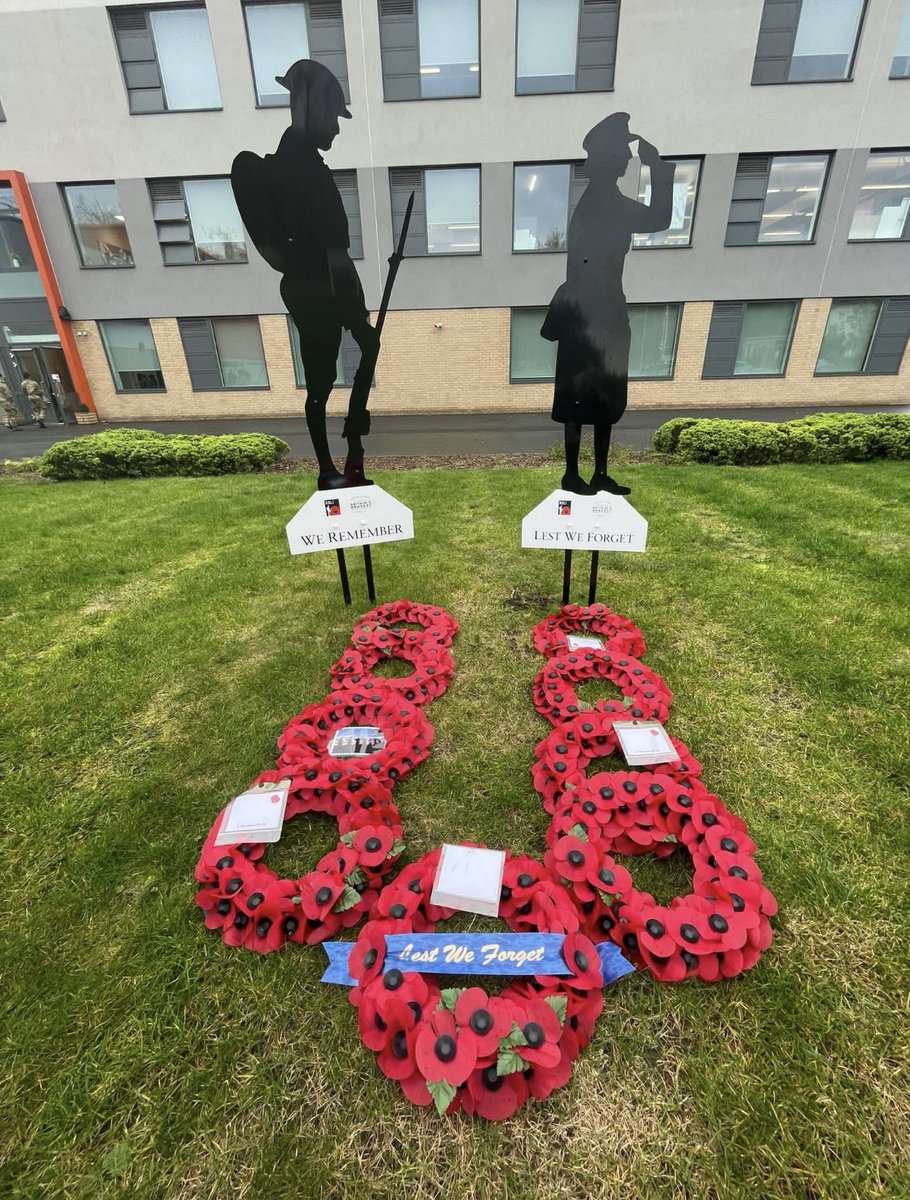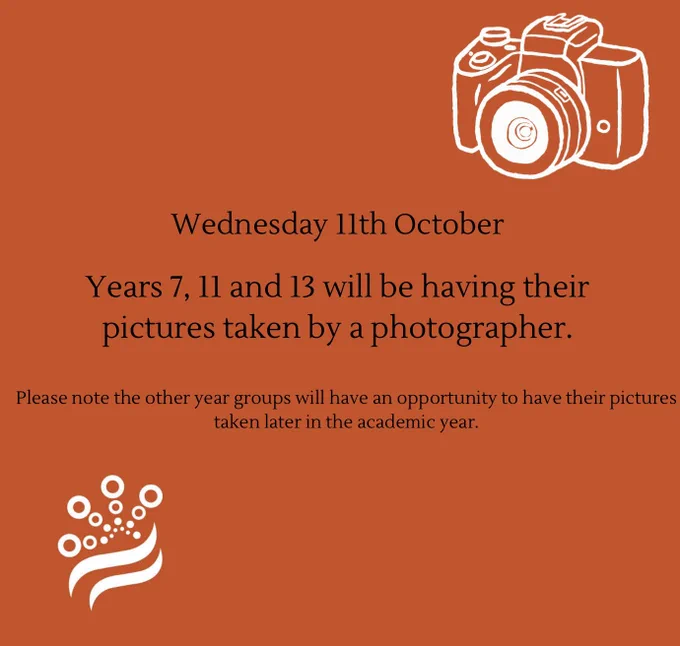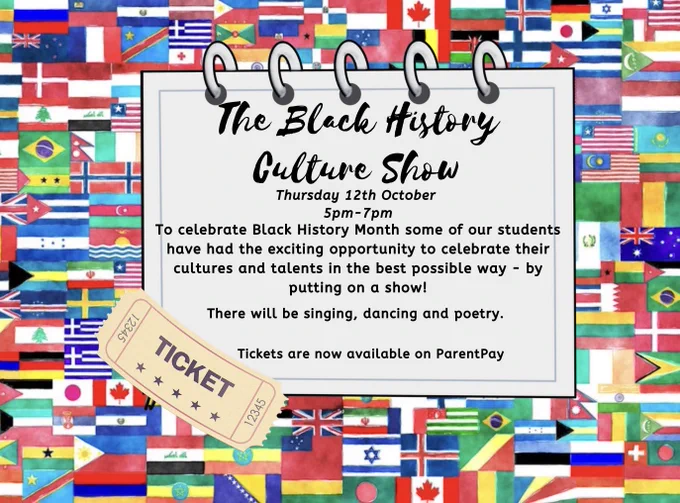Music
The key stage 3 music curriculum aims to contribute to the school’s high-quality education through;
-
Generating a passion for music as a discipline to perform and compose thought provoking work, through observing profession examples of work.
-
Developing musical techniques to explore a variety of contexts or respond to stimuli, which will extend their musical repertoire by experimenting with sound, through performing, composing and listening.
-
Preparing students for the study of musicianship, through knowledge of performance skills, musical analysis, and application of music theory. To enable them to create disciplined performances, that make a connection with the audience and create new improvised ideas.
-
Enabling students to learn about musicians and composers from the past and be aware of career paths in the music industry.
-
Supporting pupils to work collaboratively, to perform, compose and notate pieces of work which will maintain the attention of an audience, and to reflect on and evaluate their own performances and that of others, both in the class, and the professional world of the music industry.
The key stage 4 music curriculum aims to contribute to the school’s high-quality education through.
-
Using the specification from Eduqas, generating a passion for music, as a discipline to perform and compose thought provoking work, through observing professional examples of work from the four areas of study; western classical tradition (musical forms and devices), music for ensemble, film music and popular music.
-
Developing musical techniques to explore a variety of contexts or respond to stimuli, which will extend their musical repertoire and portfolio by experimenting with sound, through performing, composing and listening.
-
Preparing students for the study of musicianship, through knowledge of performance skills, musical analysis, and application of music theory. To enable them to create disciplined performances, that make a connection with the audience and create new improvised ideas.
-
Enabling students to learn about musicians and composers from the past and be aware of career paths in the music industry.
-
Supporting pupils to work collaboratively, to perform, compose and notate pieces of work which will maintain the attention of an audience, and to reflect on and evaluate their own performances and that of others, both in the class, and the professional world of the music industry. Enabling them to appraise music effectively so they can also competently answer exam style questions in component 3 of the Eduqas exam paper in summer exam year 11.
Substantive and second-order understanding
Studying music requires both substantive understanding of western and non-western ideologies and second order understanding of the process of creating performance pieces, which has been used by past and present musicians.
-
Substantive Knowledge refers to the substance of music; musical elements, music theory, genres, styles, instrumental technique, sound, stage presence, performance and composition.
-
First Order concepts refer to past musical concepts, for example opera, overture, choral, expression, fusion, music technology, Bach, Haydn, Debussy, 20th and 21st century (Political and social).
-
Second order (Procedural) Knowledge are the tools needed to perform through developing disciplined performance and practice skills, teamwork, confidence, focus, timing, pace, accuracy, time management, musicality


















